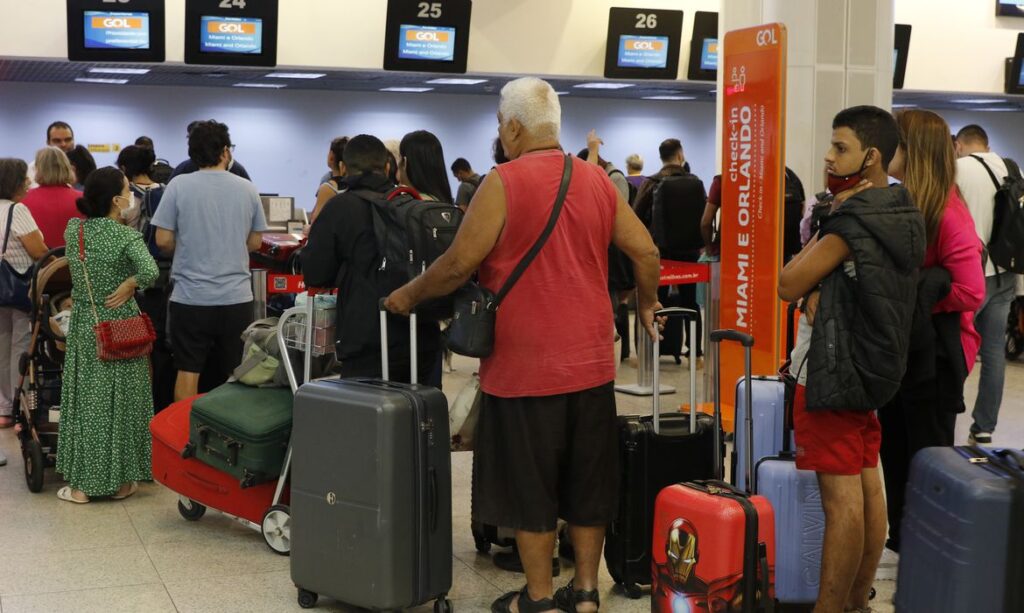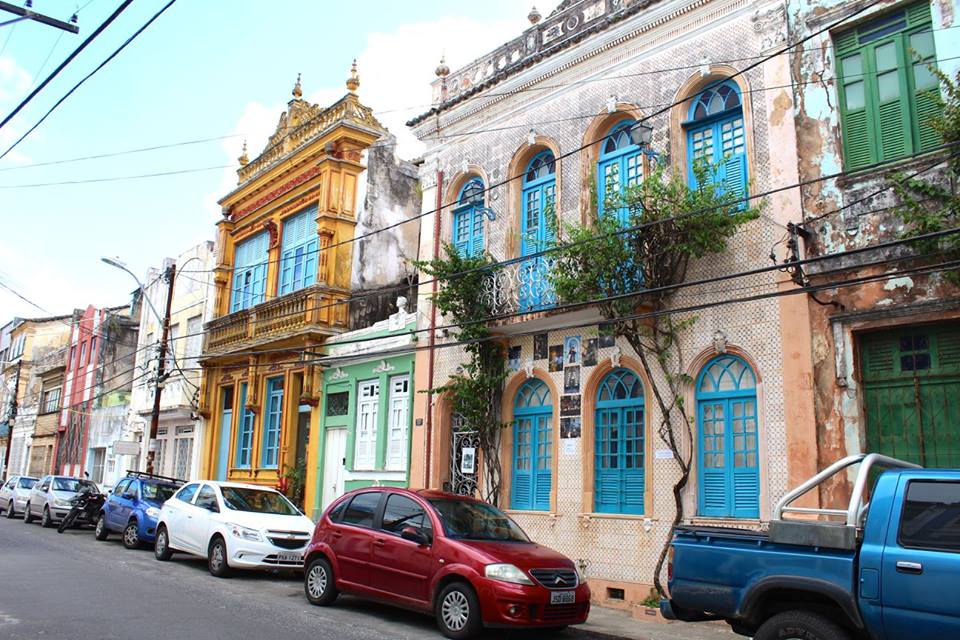São Paulo, Brazil – Two members of Rio de Janeiro’s largest organized crime group, Comando Vermelho, escaped from a federal, maximum security prison in Mossoró in northeastern Brazil on Wednesday. The event marks the first time a prisoner has escaped from any of Brazil’s federal maximum security prison facilities since the first was built in 2006.
The fugitives are Rogério da Silva Mendonça, 35, and Deibson Cabral Nascimento, 33, also known as “Tatu” or “Deisinho.” They are alleged members of Comando Vermelho, the largest drug trafficking organization in Rio de Janeiro, and have already been convicted of crimes such as homicide, robbery, drug dealing and criminal organization.
Mendonça, who has a tattoo of a swastika on his left hand, was sentenced to 74 years in prison and faces more than 50 lawsuits, and Nascimento was charged in more than 30 cases and has already been sentenced to 81 years in prison. Brazil has abolished both life sentences and the death penalty.
The escaped inmates were transferred to Mossoró in September 2023 after participating in a riot at another federal prison in the state of Acre, which resulted in the death of five people – three of whom were decapitated.
The Ministry of Justice has not yet confirmed the circumstances surrounding the escape, but suspects that construction taking place at the prison may have facilitated the getaway in the early morning hours on February 14.
At around 3:00 AM, the pair allegedly left through the ceiling of the cells, ripping out a metal aluminum structure and power cables. Then, they went out into the courtyard and, using a cutting tool, possibly obtained from the construction, they cut a fence and escaped.
Security cameras recorded their exit, wearing prison uniforms, but the administration only noticed their escape at around 5:00 AM. There is no information on whether there was anyone waiting for the fugitives outside, or how many prison guards were working in the unit at that time.
On Thursday, the names of the fugitives were included on the red list of the International Criminal Police Organization (Interpol).
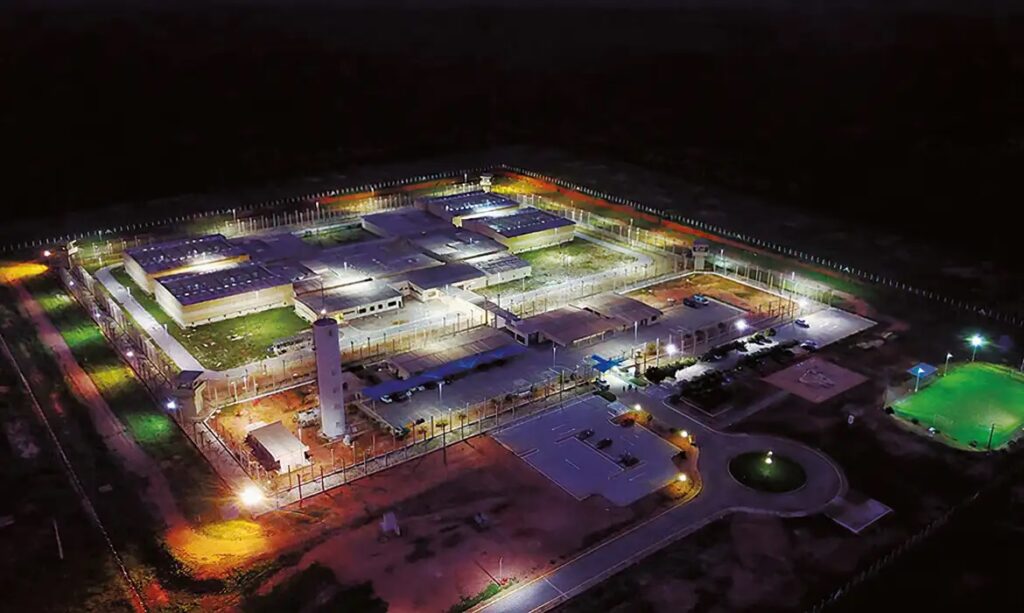
And now?
Minister of Justice Ricardo Lewandowski, who took office at the beginning of this month after retiring as a Supreme Court judge, ordered some measures after the escape, including the review of all security equipment and protocols in the country’s five federal prisons; the removal of all the Mossoró prison’s administration; and the appointment of an intervenor to manage the unit.
The minister also ordered the suspension of outdoor recreation and visits, including from lawyers, in the five federal prisons, and also deployed more teams to help recapture the prisoners. Lewandowski announced measures to reinforce security not only in Mossoró, but in all federal prisons, such as improving the security camera system and building walls around the units.
“The escape was the result of a series of fortuitous events. It is an unique episode that happened due to the fact that there is a construction in the Mossoró prison. Federal prisons are absolutely safe and everyone can continue to trust the system,” he said.
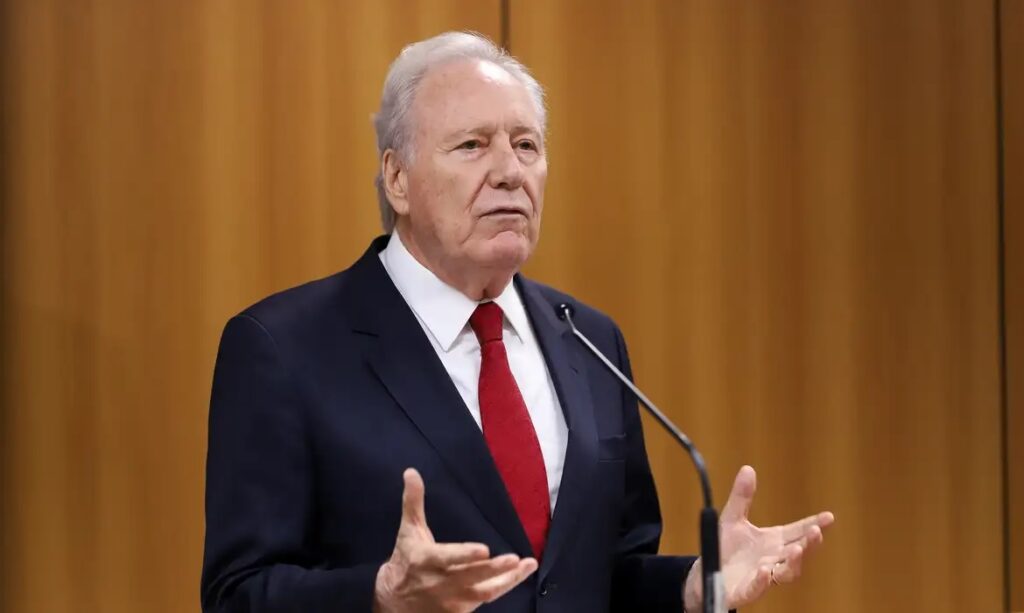
According to National Secretary of Penal Policies André de Albuquerque Garcia, the priority is to recapture the two men by all means available. He also acknowledged that the escape creates a crisis in the federal penitentiary system.
“We can classify it as a crisis in the prison system because the fact is unusual,” Garcia said at a press conference. “We are reviewing all security protocols. There is no chance of an event of this nature occurring when these protocols are strictly followed.”
What is the federal penitentiary system?
In Brazil, common prisons are managed by state governments. The federal penitentiary system is the only exception and was created in 2006, during the first government of President Luiz Inácio Lula da Silva, with the aim of combating organized crime, isolating criminal leaders and highly dangerous prisoners. There are five maximum security prisons in the country.
To be transferred to a federal prison, the prisoner must meet certain criteria, such as having a leadership role or participating significantly in a criminal organization or being involved in repeated cases of crimes involving violence or serious threats.
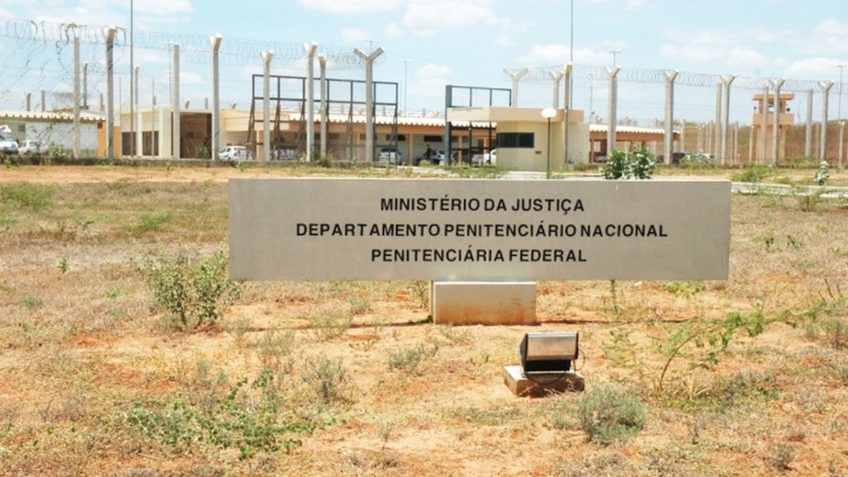
Federal prisons operate with a different discipline and protocol regime. For example, the showers only turn on at a set time, the food trays are inspected, the journey from the cell to the outdoor patio is done with handcuffs, and visits are also controlled. The level of monitoring is higher than in regular prisons. Therefore, until Wednesday’s incident, there had never been an escape from a federal prison.
Federal prisons house some of Brazil’s most dangerous criminals, including the escaped convicts’ boss, Comando Vermelho leader Fernandinho Beira-Mar.




